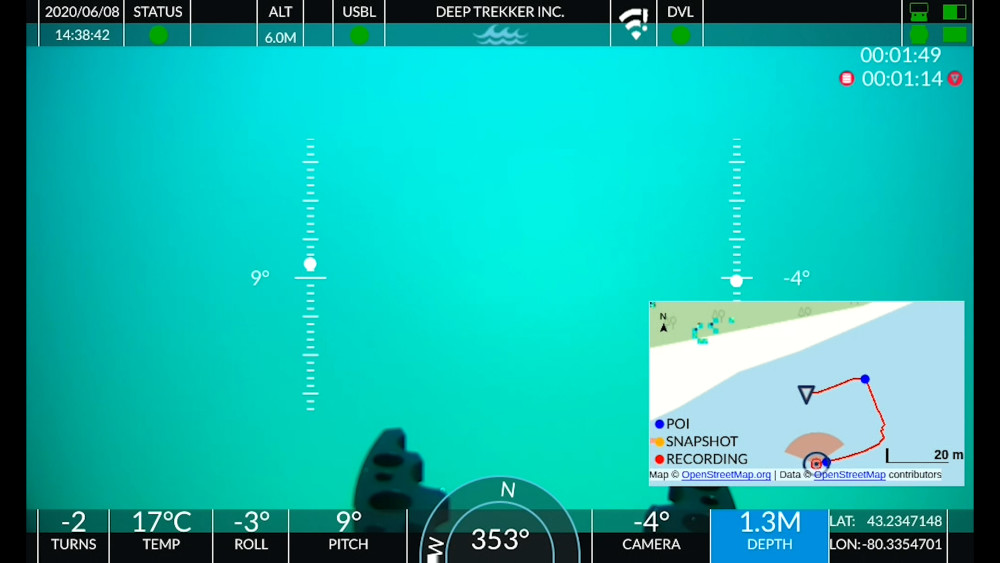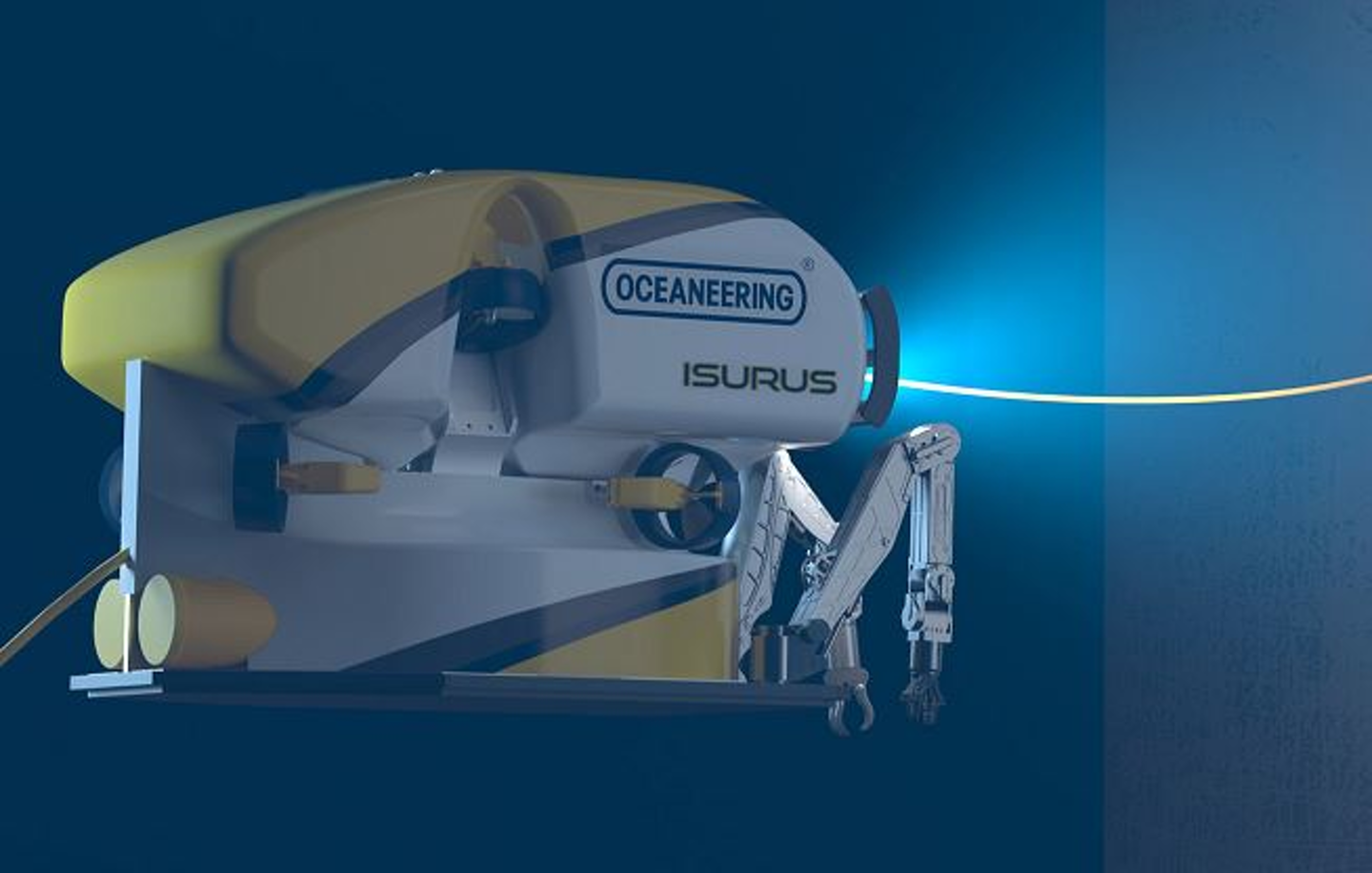Home › Forums › ROV › ROV Industry Vocational Training › How long should an ROV training course be then?
- This topic has 6 replies, 3 voices, and was last updated 16 years, 8 months ago by
Andy Shiers.
-
AuthorPosts
-
July 13, 2008 at 7:05 pm #1644
James McLauchlan
ParticipantThere are quite a few comments littered around concerning the above subject.
So how long should an ROV training course be?
What approach should it take to give people a fighting chance of being a useful addition to a team offshore?Please bear in mind that these courses are here to stay so go with the flow and discuss what they should be about.
Don’t try to debate whether they should exist or not. The latter would just be creating unnecessary wear on your keyboard.
July 13, 2008 at 10:13 pm #18209Andy Shiers
ParticipantYou are right James
Lets start with the cost.
To learn the basics in ROV’s …………. TWO days.
£100:00 a day that means the course , which can be named.
ROV familiarization is £200:00. At the beginning of the course , you will be a recruit .
At the end of the TWO day course you get a card saying ,
I’m an ROV cadet. And the class lecturer gives an appraisal on personality/character and a written test with simple questions.
The cadet then sends his resume to the ROV companies and the ROV companies then put him ( Or her ) through their own courses depending on what type of vehicles they have. He or she then gets a card saying , ‘I’m an ROV pilot trainee’
Two years minimum with this name and on the same vehicles , then , he/she is called a Pilot / Tech ( depending on the Supervisor appraisals )July 16, 2008 at 6:03 pm #18210shaner
ParticipantThe cost plays an important part; it determines the lenght, number of students, qaulity of course…
6 weeks should do; 1 week electronic fundamentals ("refresher" course, prior knowledge of basic electronics needed). 1 week hydraulic fundamentals (prior knowledge as well). 2 weeks troublshooting (hands-on problem solving with actual ROV). 1 week of safety training. 1 week practical (on board a ROV vessel).At the end of the course, student is given a detailed evaluation to highlight strengths and weaknesses. Instructor contacts recruiters for job placement.
The entire course is structured around older work class vehicles; whereas component level repair is required. This should get students in the door of companies. Most companies are looking for fulltime employment (at least in the states) and are willing to spend monies needed to advance their employee’s skills, but nothing beats hands-on job training.
If schools provide the industry with technicains capable of troubleshooting/repairing ROV systems, the industry will train them as pilots and supv.July 16, 2008 at 6:07 pm #18211shaner
ParticipantSorry, that’s length and quality…
July 16, 2008 at 8:55 pm #18212Andy Shiers
ParticipantShaner , You are right in that matter.
All potential ROV Pilot /Techs should be given a two month parole with an ROV company , This is to see whether the guy has brains for dynamite or not , Then if he has a full deck of cards is signed on as a trainee for two years on salary , Obigatory without debunking on the contract , If the guy leaves before that time , he forfits part of his salary as an incentive to stay and not take the piss out of the company He pays the company a small amount of money for the training he receives with the company and receives a bit of loyalty in the process
The whole thing is done in house so the ROV pilots actually get benificial training from the ROV company involved …………. Brilliant
The so called training schools made up of old , failed lecturers will have to earn their keep offshore again
Keeps the prices of training down to a minimal and the SPONGERS will have to go in to another industry for easy moneyJuly 16, 2008 at 10:51 pm #18213shaner
ParticipantThe concept of ROV schools is great…. although the costs determines their focus.
It takes a great deal of money to put together a training course as I described (I’m in the information stage of puting one together); to keep the costs down for students to afford is very difficult. That’s why today’s schools are so streamlined.
July 17, 2008 at 12:26 am #18214Andy Shiers
ParticipantHmmmmm 8)
-
AuthorPosts
- You must be logged in to reply to this topic.






